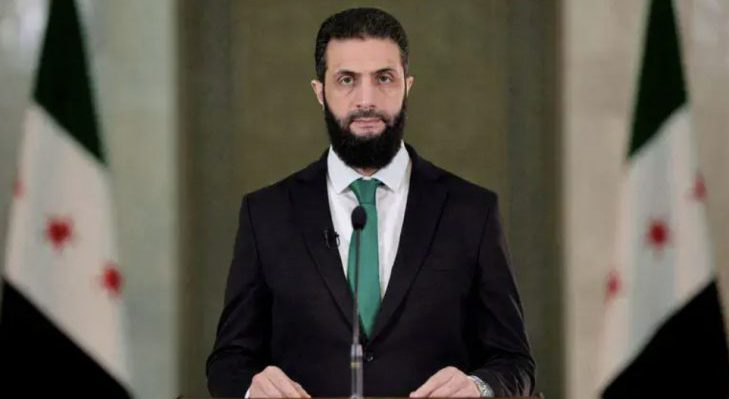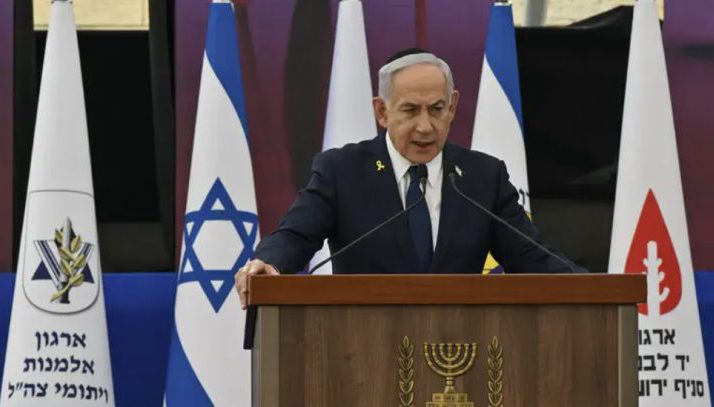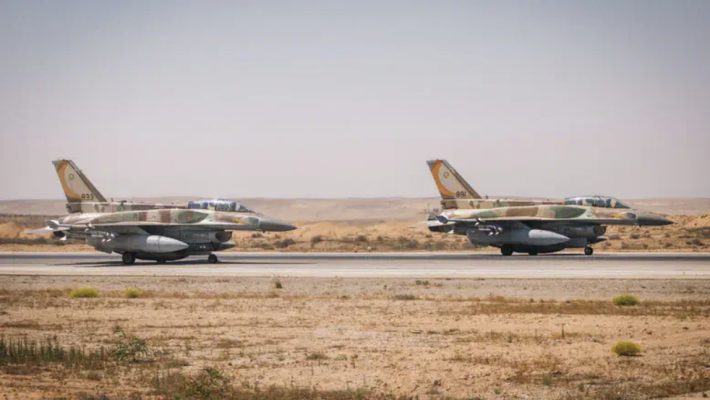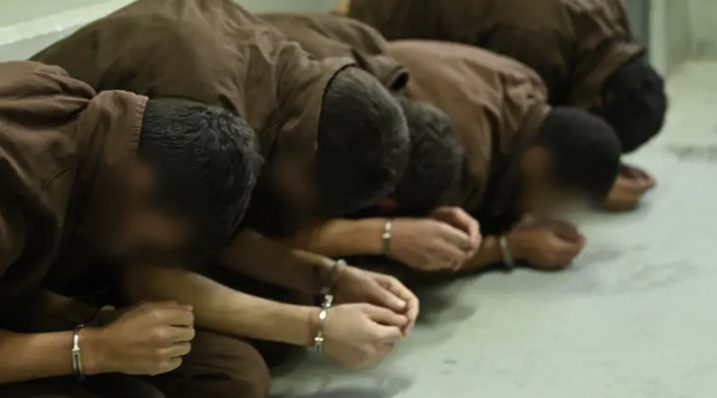President al-Sharaa blames Israel for unrest as Druze factions reject ceasefire claims and vow to resist Syrian regime forces in Sweida.
In a defiant televised address early Thursday, Syrian President Ahmed al-Sharaa—formerly known as Abu Mohammad al-Julani—lashed out at Israel, accusing it of attempting to destabilize Syria amid a bloody crackdown on the Druze population in the south.
“The Israeli entity has always worked to undermine our internal stability and provoke civil strife since the fall of the Assad regime,” al-Sharaa declared, asserting that Syria is again the target of foreign manipulation. While speaking directly to the Druze community, he claimed, “Protecting your rights remains one of our top priorities.”
Yet the disconnect between rhetoric and reality was stark. Just hours before his speech, a Syrian Defense Ministry source told Sham FM radio that regime forces had begun withdrawing from Sweida, handing over control to local internal security units. This followed reports of mounting international pressure and heavy civilian casualties.
Meanwhile, U.S. Secretary of State Marco Rubio announced that a fragile ceasefire had been negotiated. “We have engaged with all the relevant parties and reached consensus on steps to end this horrifying situation tonight,” Rubio said, adding that all sides must now follow through on their commitments.
However, signs of internal division within the Druze leadership quickly surfaced. Sheikh Yosef Jarboua confirmed the existence of a ceasefire agreement, stating it included reintegrating Sweida into the Syrian state and re-establishing checkpoints by the Interior Ministry. But prominent Druze spiritual figure Sheikh Hikmat al-Hijri rejected any notion of a truce, calling the reports false and dangerous.
“There is no agreement. Resistance must continue against the armed, criminal gangs that came to massacre our people and erase us,” he declared. He also issued a stern warning to Druze factions not to strike separate deals with the regime: “Any deviation from our united stance will carry full legal and social consequences—without exception, and without forgiveness.”
In a sharp rebuke to the regime, al-Hijri further rejected al-Sharaa’s narrative and accused Syria’s leadership of trying to manipulate the situation by blaming Israel. “This is not about Israel. This is about defending our people from annihilation. If they truly wanted peace, they wouldn’t have stormed our homes or humiliated our elders.”
Despite al-Sharaa’s assertion that Syria could have chosen direct confrontation with Israel but opted for a more pragmatic approach, his own words revealed a leadership under pressure—externally and internally—as the conflict in Sweida lays bare the fragility of Syria’s claimed unity and the rising fury of a people under siege.





